Germany says ‘ready’ to permanently station 4,000 troops in Lithuania
Germany says it is prepared to station 4,000 troops in Lithuania to strengthen NATO’s eastern flank, which borders Russia.
During a visit to Vilnius, the capital of Lithuania, Defense Minister Boris Pistorius said Berlin would “permanently station a robust brigade in Lithuania.”
“This will be a considerable effort,” Pistorius said alongside his Lithuanian counterpart, Arvydas Anusauskas.
“That’s why we’ve agreed to build up a brigade step by step” along with infrastructure – an effort that will take more than “just a few months,” the German minister said.
Pistorius underscored Berlin’s commitment to the security of Lithuania.
The Lithuanian defense minister, for his part, said a German brigade in his county is “our priority.”
“We are ready to continue to work together to reconcile the needs of the German forces to receive a brigade-sized unit as soon as possible.”
President Gitanas Nausėda has welcomed Berlin’s decision, saying Lithuania “is the frontline of NATO where there is no place for even the slightest security gap.”
Following a meeting with NATO Secretary-General Jens Stoltenberg on Monday, the Lithuanian president said, “For the Baltic region and the entire Eastern Flank, air and missile defense and an increased presence of allied forces on the territories of our countries are critically important. Effective deterrence and forward defense are our top priorities.”
Germany’s military has already been present in Lithuania for six years with several hundred soldiers. It was not immediately clear what would happen to this unit when the new German brigade is stationed in the country.
Lithuania borders Russia and Belarus and has repeatedly called on Berlin to send combat troops in the country.
Last year, Berlin pledged to have a combat brigade ready to defend Lithuania in the event of an attack.
But until now, there have been differences over whether the soldiers should be permanently stationed in the Baltic state or only sent there temporarily for exercises.
Berlin has so far refrained from permanently stationing much of the brigade in the country. It says the troops could be rapidly deployed from bases in Germany if need be.
Eastern European countries have always expressed concern that most of their Western European counterparts are too slow to respond to what they call a threat from Russia.
They keep pushing to expand the size and scope of eight units of NATO forces stationed along the bloc’s eastern flank and advocating for larger NATO allies to preposition more military equipment farther east.
Some NATO allies, including Poland, are also pushing the United States to expand its intelligence and command-and-control capabilities along the military bloc’s eastern flank.
Russia, however, has been repeatedly warning NATO against its eastward expansion.
President Vladimir Putin has repeatedly railed against the West for driving NATO's eastward expansion, especially its courting of ex-Soviet republics such as Ukraine and Georgia.
Eight Palestinians killed as Israel attacks Gaza school, hospitals
VIDEO | Rome, Milan host new protests in solidarity with Palestinians
Dec. 21: ‘Axis of Resistance’ operations against Israeli occupation
Spain jurists demand ties with Israel ties be cut
VIDEO | Press TV's news headlines
VIDEO | Iran honors top Science Olympiad medalists
VIDEO | Austrians arrested at Gaza protest in Vienna
10 killed in bus crash in western Iran


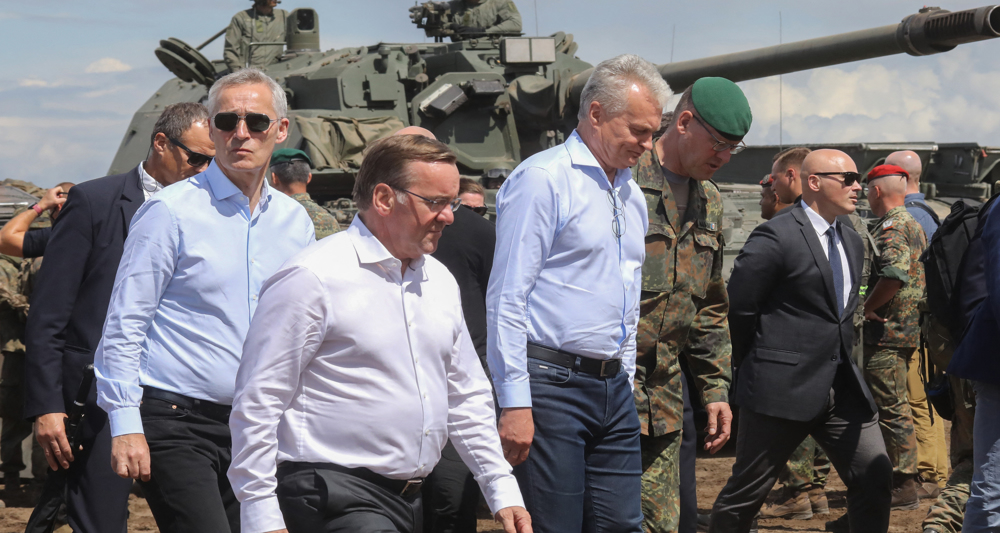


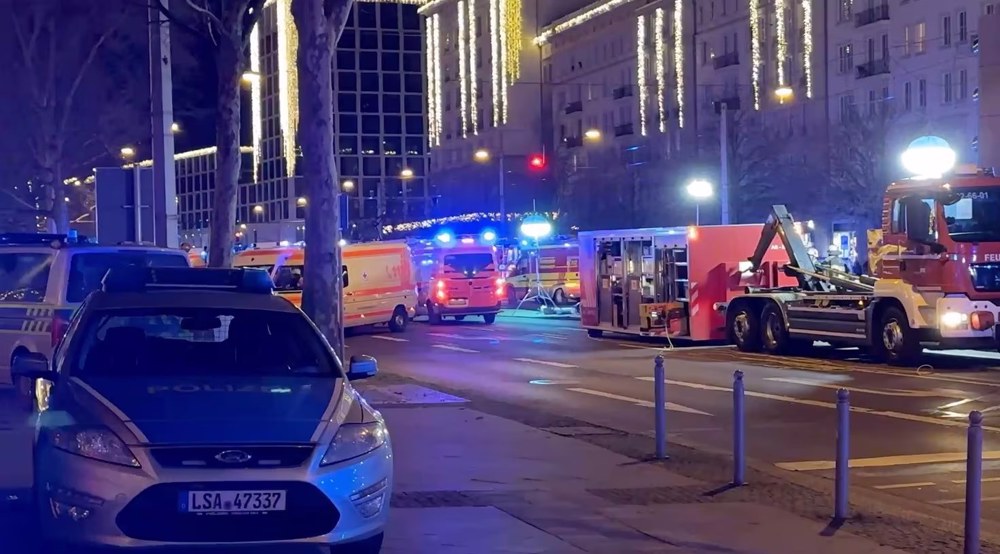



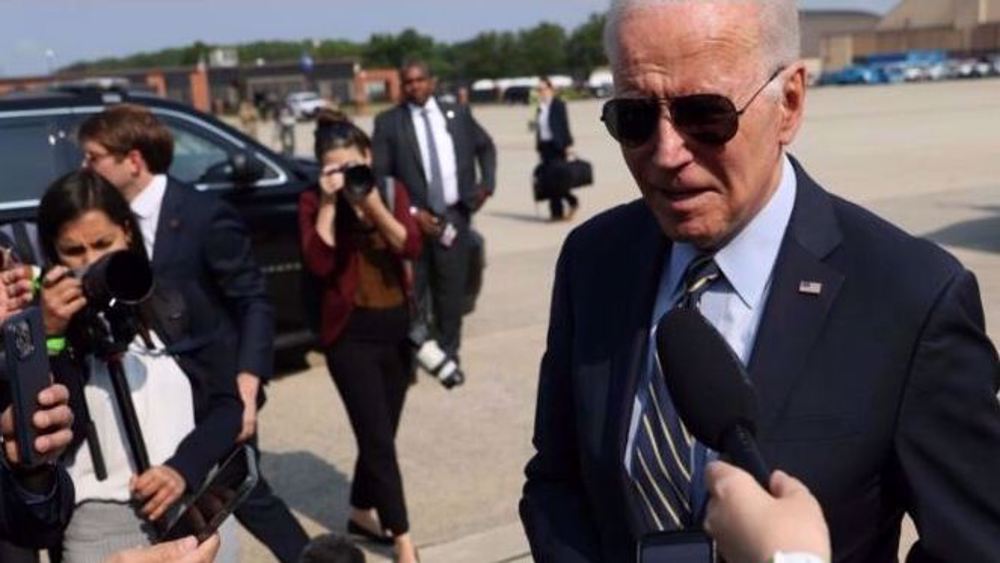
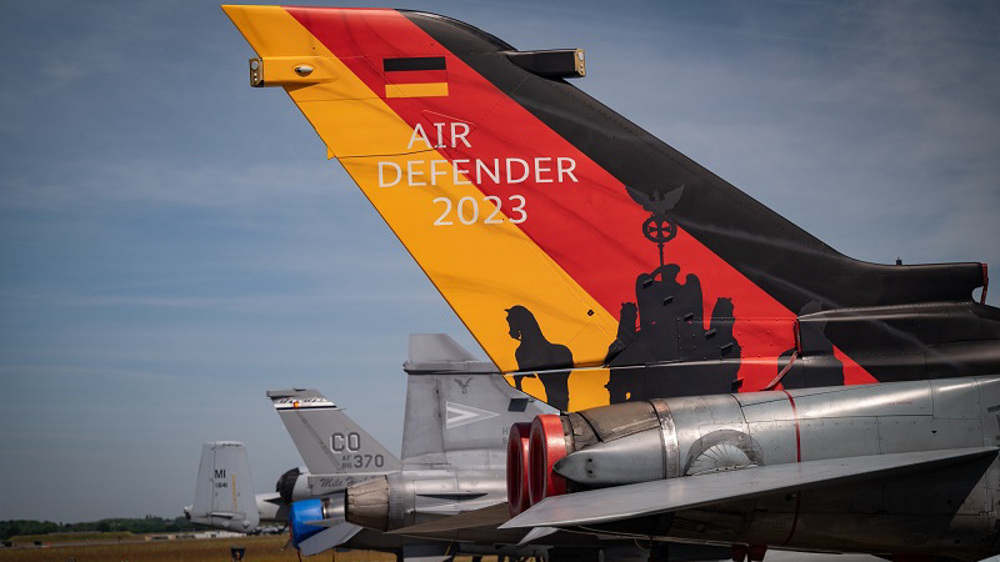
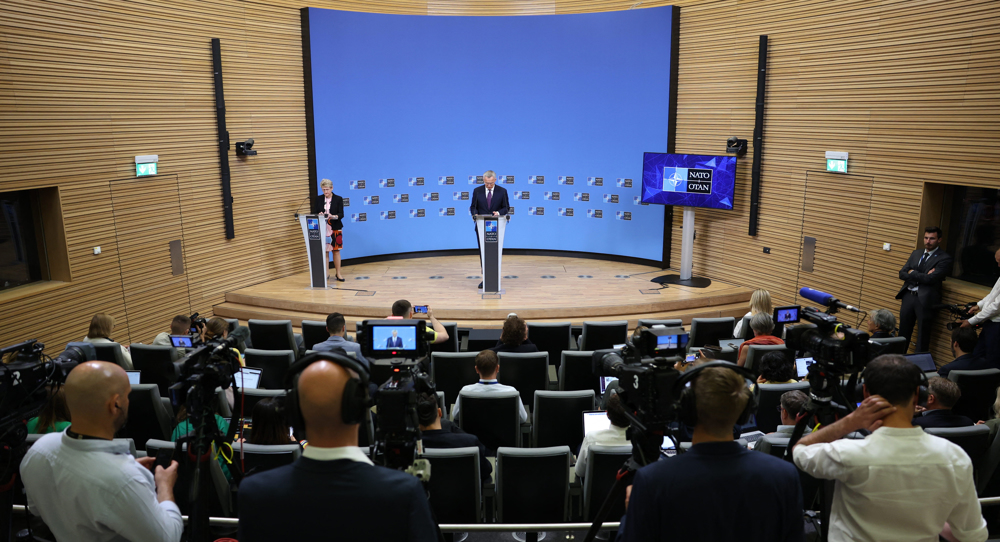

 This makes it easy to access the Press TV website
This makes it easy to access the Press TV website